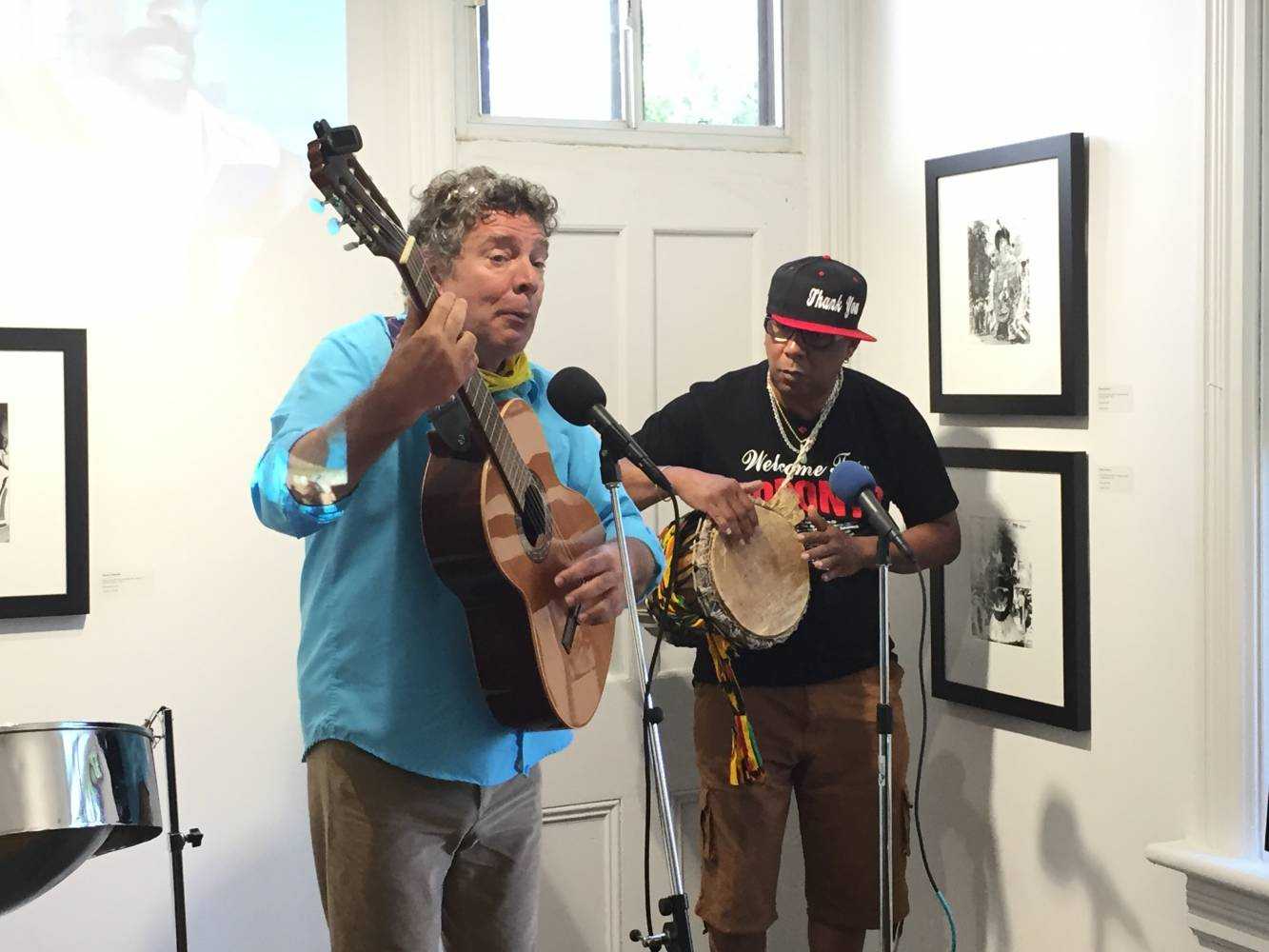BY: KABRENA ROBINSON
“I am still pinching myself because at one point in time I had given up hope that It would ever happen,” confessed Rhoma Spencer, Artistic Director of The Canadian-Caribbean Arts Network (C-CAN) as she sat down for an interview at the Black Artists’ Networks Dialogue art gallery following a special meeting.
The meeting was to inform the public of the new grand jubilation, that after eleven years of relentless advocacy by Spencer and colleagues at C-CAN, the goal had finally come to fruition. Canada is now able to send a contingent to the Caribbean Festival of Arts (CARIFESTA XIII) to be held in Barbados from August 17-27, 2017. A historic moment for the community as this will be the first time in history that a contingent from the diaspora will be participating.
The group of over 66 artists, spearheaded by C-CAN, is comprised of a wide variety of Canadian talents, from a dynamic array of dancers to musicians and performances in storytelling and spoken word. Two artists will also be presenting academic papers at the CARIFESTA Symposia. Financing for the initiative is expected to come from public and private agencies, as well as from the fundraising efforts of the participating artists and organizations.
The first CARIFESTA, began in Guyana in 1972 attracting the participation of over 1,000 artists from thirty Caribbean and South American countries. The international multicultural event aims to gather artists, musicians, and authors to exhibit, celebrate, maximize artistic participation and to deepen the awareness and knowledge of the diverse aspirations within the Caribbean and Latin American Community.
While the artists prepare for the fulfilling experience of indulging in the grand celebration of rich Caribbean arts and culture, the journey towards this much-anticipated moment was not a smooth task.
According to Spencer, the CARIFESTA committee over the past years has not been receptive to proposals about participation from the diaspora. Spencer explains that this possibly derives from the idea that artists of the Caribbean community in Canada are offered more opportunities than artists in smaller Caribbean countries.
“I feel it was that kind of a fear of the unknown, but really and truly when we go down we are learning as much and taking from them to bring back with us as artists than they would be led to believe,” Spencer said.
“I as an artist, I need to always touch base with home to recharge, to be able to come back here and do the work that I want to do by allowing myself to go back to the source and see what is happening in real time.”
Dwayne Morgan, a Canadian spoken word artist, renowned author and founder of Up From The Roots Entertainment is one of the many artists apart of the Canadian-Caribbean delegation of talents to be showcased in Barbados at this year’s CARIFESTA XIII. As a Canadian of Jamaican descent, Morgan regards his inherited culture as being very influential to his successful career. Despite his international success, Morgan sees the experience of being able to attend CARIFESTA representing the Caribbean diaspora as a learning experience and a great platform to showcase the diversity of Caribbean artists working in Canada.
“There are so many people who are rooted in the Caribbean who leave and go elsewhere and kind of have one foot in the Caribbean and one foot in this new place and being stretched in that way forces you to create something new so we have something that is very new that is not necessarily Canadian not necessarily Caribbean but its this diasporic thing,” he said in an interview.
“We are going to bring down there what we do here but hopefully there are things down there that we will bring back as well that will enhance what it is that we do here in Toronto.”
As the many talented artists and members of C-CAN prepare to embark on this new venture, the hope is that the opportunity will provide a platform to “reconnect, recharge and merge two constantly evolving artistic realities”, a start towards fostering a closer relationship between the Canadian diaspora and the Caribbean community at “home”.

